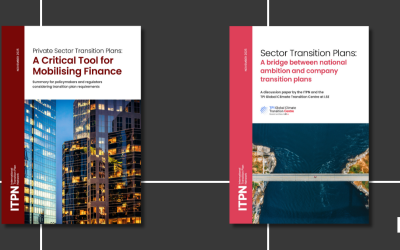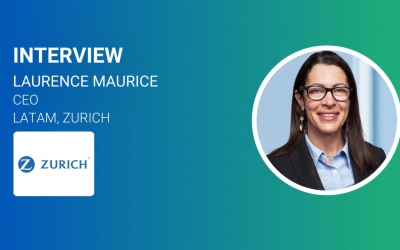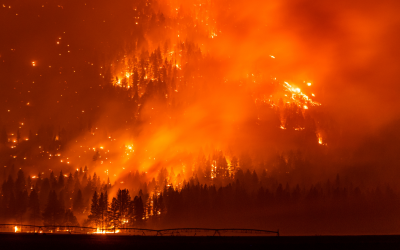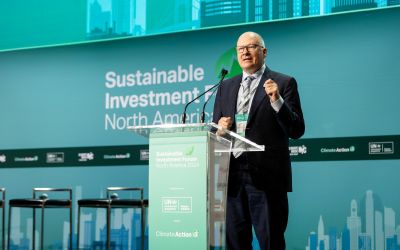Cassie Flynn on the challenge of transparency at COP26
To mark the 5th anniversary of COP21 and the Paris Agreement, Climate Action caught up with Cassie Flynn, Strategic Advisor on Climate Change at the United Nations Development Programme, to discuss the challenge of transparency at COP26.
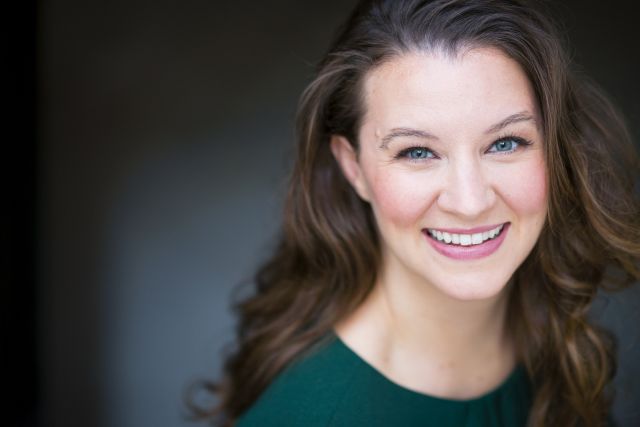
To mark the 5th anniversary of COP21 and the Paris Agreement, Climate Action caught up with Cassie Flynn, Strategic Advisor on Climate Change at the United Nations Development Programme, to discuss the challenge of transparency at COP26.
In your view, what is the single best thing that has been achieved since COP21 in Paris in 2015?
In 2015, much of the focus was rightfully on the government negotiations on climate change. Today, it has become so much bigger. We have seen millions of people regularly march in the streets and amplify the issue, individuals from all over the world have learned about what is going on and how they can take action.
The Paris outcome has gone beyond an agreement solely between countries to now accelerating climate action in every part of society. It has become an agreement of the people, and this also means more and more people can help to hold governments to account on their commitments.
What achievement or project have you been most proud of being part of since COP21?
Definitely the Climate Promise. The Climate Promise is UNDP’s commitment to ensure that any country wishing to increase the ambition of their national climate pledge is able to do so.
We made this goal – it seemed crazy at the time – to help 100 countries enhance their pledges. It required an urgent and immediate level of effort from every single discipline across the UN, not just UNDP. Expertise on gender equality, agriculture, youth, energy, finance, land use, water, governance, health…it has been incredibly extensive.
We are on the ground in 115 countries, which makes it the world’s largest offer of support. I am incredibly proud to have helped create and now lead a fantastic team focused on doing all we can to realise the goals of the Paris Agreement.
What topic would you like to see focused on at COP26 and why?
One of the biggest challenges we face is transparency around how countries measure and report what they are doing. We are seeing some big pledges – 5- year pledges with emission reductions and adaptation plans and long-term net zero commitments – and we need to make sure that these are measured and shared so that governments can be held accountable.
Finance will also be essential, particularly in a world where we are not just facing a climate crisis, we are also facing a Covid-19 crisis and an economic crisis. Finance is the number one thing that developing countries have asked for in order to deliver their pledges as part of the Climate Promise. We need developed countries to come to the table with real resources, and to help leverage those resources for further investment, to help the world achieve what is required.
What are you most excited about in regards to COP26?
We used to joke that the COP process was like a travelling circus. You have people from around the world, spending a huge amount of time with each other over the course of a couple of weeks, hashing through the most complicated negotiation in the world with issues that affect every single aspect of every single economy. It is an intense process, but also one from which really wonderful and meaningful partnerships and friendships are formed. Particularly after Covid-19, I am very excited to see everyone again face to face.
What are the three things you think we should prioritise in the next 12 months to ensure we have a chance of meeting 2030 emission reduction targets?
First, the big emitters must step up. We have seen immense leadership on climate action by SIDs and LDCs, now we need the high emitters to come to the table and show up with credible targets and ambitious commitments.
Second, we need to address climate and Covid-19 together. Both are hitting vulnerable communities hard and we need to find solutions that bring them together – for example, clean energy not only reduces emissions but can help power health systems and schools. We need to scale this up.
Third, we need all voices at the table. Young people, women, local and indigenous communities, and other traditionally marginalized groups cannot be sidelined. They are leaders and we need them.
What is the one most important thing in your eyes, that needs to be achieved by 2030?
We must be pioneers. We all need to work with each other to pursue the things that even a few years ago felt impossible. Every government, every person, every business, research institution and NGO needs to come together and rise to this immense challenge.

